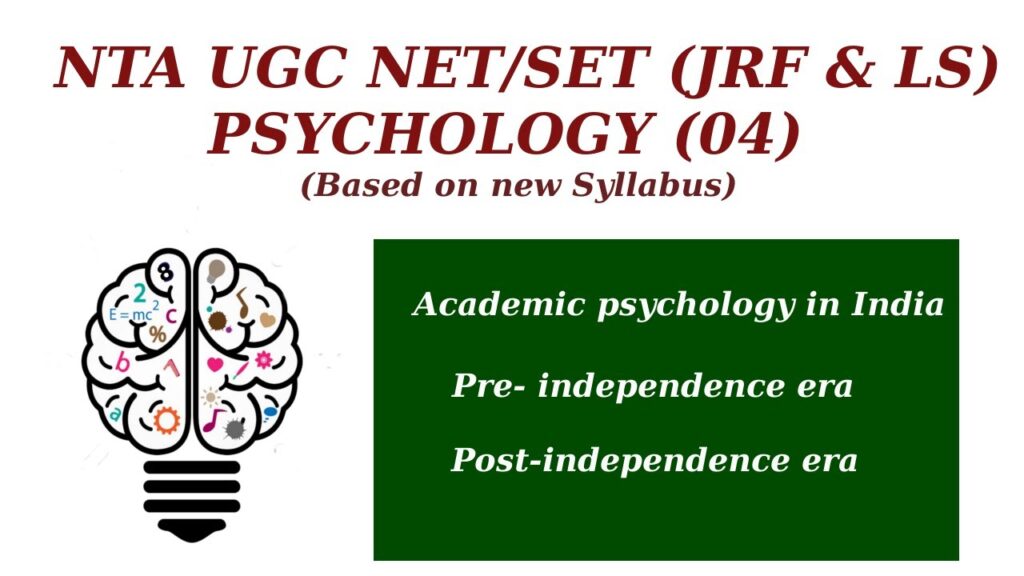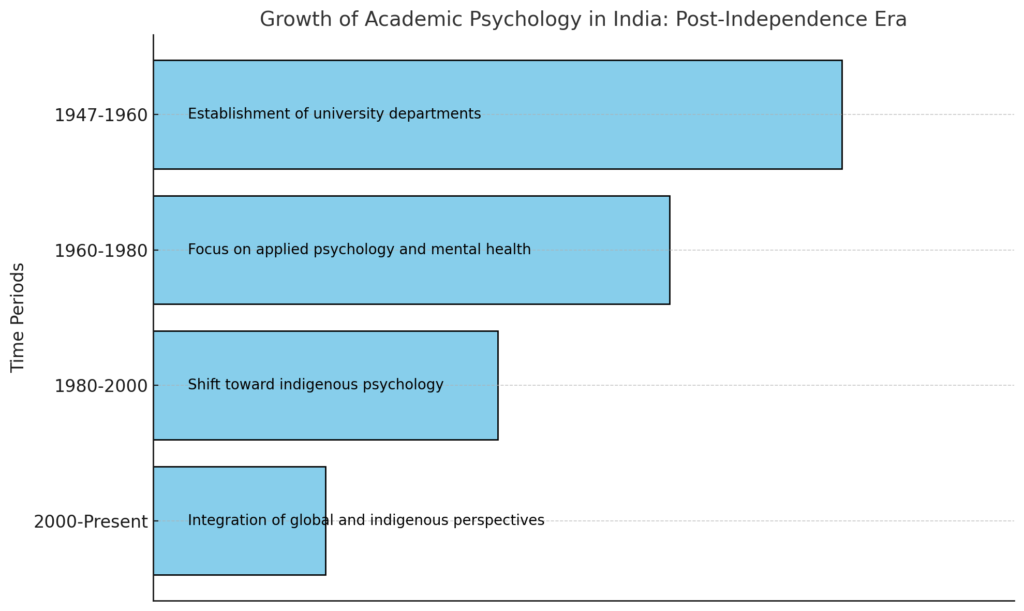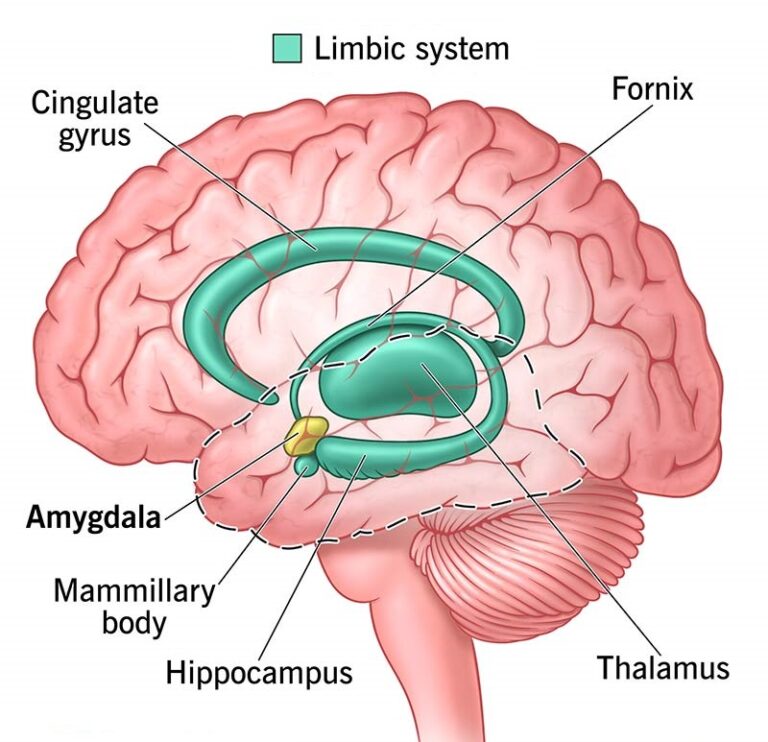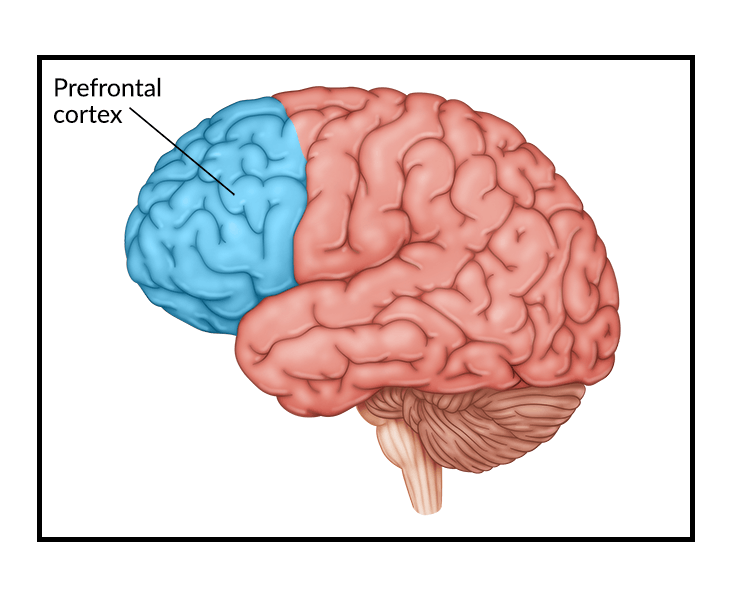
Academic Psychology in India: Post-Independence Era
The post-independence period (1947 onwards) marked a significant shift in academic psychology in India. With the country gaining autonomy, there was a concerted effort to develop indigenous frameworks of psychology while integrating Western psychological methods. This era was defined by the institutionalization of psychology as an academic discipline, a focus on applied psychology, and an increasing interest in understanding human behavior in the Indian cultural context.
1. Development of Institutions and Academic Framework
Expansion of Psychology Departments
- Psychology departments were established in major universities like:
- University of Delhi
- University of Calcutta
- University of Mysore
- Banaras Hindu University
- These departments played a crucial role in training psychologists, developing curricula, and conducting research.
Growth of Research and Training Centers
- National Institute of Mental Health and Neurosciences (NIMHANS) in Bangalore became a pioneer in psychological research and clinical training.
- Indian Council of Social Science Research (ICSSR) funded research in psychology, emphasizing socio-cultural issues.
Emergence of Specialized Fields
- Post-independence, Indian psychology diversified into fields like:
- Clinical psychology
- Organizational psychology
- Educational psychology
- Social psychology
2. Transition from Western to Indigenous Psychology
Adoption of Western Psychology
- Initial research in psychology heavily borrowed theories and methodologies from Western psychology, especially behaviorism, psychoanalysis, and experimental psychology.
- Indian psychologists were trained in Western methods and later adapted them to local contexts.
Shift Toward Indigenous Frameworks
- By the 1970s, there was a growing movement to develop psychology rooted in Indian philosophical and cultural traditions.
- Key Themes in Indigenous Psychology:
- Yoga and Meditation: Exploring their effects on mental health and cognitive functioning.
- Sanskrit Texts: Psychological insights from texts like the Bhagavad Gita, Upanishads, and Sankhya philosophy.
- Cultural-Specific Constructs: Research on concepts like Karma, Dharma, and collectivism.
3. Prominent Indian Psychologists and Their Contributions
| Psychologist | Contribution |
|---|---|
| Dr. Durganand Sinha | Advocated for indigenous psychology; focused on socio-cultural determinants of behavior. |
| Dr. H.C. Ganguli | Worked on mental health, especially in rural India. |
| Dr. Narayanan Srinivasan | Explored consciousness and cognitive processes in light of Indian traditions. |
| Dr. Uday Pareek | Pioneered organizational and industrial psychology in India. |
4. Major Research Areas and Achievements
Clinical Psychology
- Expansion of clinical psychology training programs and psychological services.
- Research on:
- Depression and anxiety in the Indian socio-economic context.
- Effects of meditation and yoga on mental health.
Organizational Psychology
- Focused on understanding workplace behavior in Indian industries.
- Studies on leadership, motivation, and employee engagement with cultural relevance.
Social Psychology
- Research on Indian social behavior, including topics like caste dynamics, communal harmony, and family structures.
- Development of cultural-specific models of socialization and identity.
Cognitive Psychology
- Investigations into memory, perception, and decision-making with a blend of Western models and Indian philosophical insights.
5. Applications of Psychology in Post-Independence India
Mental Health Interventions
- Establishment of community mental health programs.
- Integration of traditional Indian practices like meditation into therapeutic approaches.
Education
- Development of psychological tools for educational assessments.
- Research on child development, motivation, and learning styles.
Policy and Social Development
- Psychology contributed to shaping policies on health, education, and social welfare.
- Studies on poverty, rural development, and urbanization provided valuable insights for policymakers.
6. Challenges Faced
Resource Constraints
- Limited funding for psychological research compared to other sciences.
- Inadequate availability of research facilities and trained professionals in rural areas.
Western Dominance
- Continued reliance on Western models and methods, sometimes at the cost of ignoring indigenous perspectives.
- Difficulty in balancing global relevance with local applicability.
Fragmentation of Disciplines
- Lack of interdisciplinary collaboration between psychology and related fields like neuroscience, anthropology, and sociology.
7. The Way Forward: Building an Indigenous and Global Psychology
Interdisciplinary Research
- Collaboration between psychology and traditional Indian systems of knowledge like Ayurveda and Yoga.
Global Integration
- Adopting a dual approach by incorporating indigenous theories while engaging with global psychology.
Technology and Innovation
- Using advancements in AI and neuroscience to enhance psychological research and applications.
8. Visualizing the Evolution of Psychology in Post-Independence India
Chart: Growth of Academic Psychology in India

9. References
- Sinha, D. (1986). Psychology in a Third World country: The Indian experience. International Journal of Psychology, 21(1-4), 5-21.
- Misra, G. (2010). Psychology in India: Retrospect and prospect. Psychology and Developing Societies, 22(1), 41-62.
- Rao, K. R., & Paranjpe, A. C. (2008). Psychology in the Indian tradition. Springer.
- Neki, J. S. (1973). Guru-Chela relationship: The possibility of a therapeutic paradigm. American Journal of Orthopsychiatry, 43(5), 755-766.







